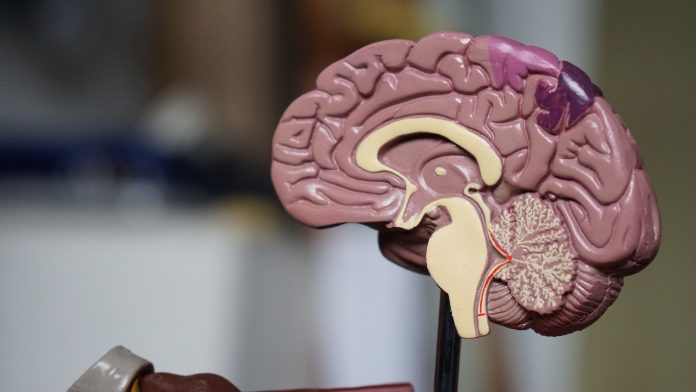
In a review study from the University of Turin Orbassano, researchers found oxidized cholesterol can cause Alzheimer’s disease.
The cholesterol that dangerously builds up on artery walls is oxidized. Oxidation is very damaging to the cholesterol cells.
Oxidation is the result of a normal body process, but if something triggers an overproduction of oxidized cholesterol, it can be dangerous.
Alzheimer’s disease (AD), the most common neurodegenerative disorder associated with dementia, is typified by the pathological accumulation of amyloid Aβ peptides and neurofibrillary tangles (NFT) within the brain.
Previous research found that many things contribute to AD progression, including oxidative stress, inflammation, and altered cholesterol metabolism.
The brain’s high lipid content makes it particularly vulnerable to oxidative specie, with the consequent enhancement of lipid peroxidation and cholesterol oxidation.
The chronic inflammation found in the AD brain includes activation of microglia and astrocytes, together with enhancement of inflammatory molecule and free radical release.
Along with glial cells, neurons themselves have been found to contribute to neuroinflammation in the AD brain, by serving as sources of inflammatory mediators.
Oxidative stress is intimately linked to neuroinflammation, and a vicious circle has been found to connect oxidative stress and inflammation in AD.
Alongside oxidative stress and inflammation, altered cholesterol metabolism and hypercholesterolemia also significantly contribute to neuronal damage and to the progression of AD.
The team suggests that oxidized cholesterol is the driving force behind the development of AD, and that oxysterols are the link connecting the disease to altered cholesterol metabolism in the brain.
This is because of the ability of oxysterols, unlike cholesterol, to cross the blood-brain barrier (BBB).
The key role of oxysterols in AD pathogenesis has been strongly supported by research pointing to their involvement in modulating neuroinflammation, Aβ accumulation, and cell death.
This review highlights the key role played by cholesterol and oxysterols in the brain in AD pathogenesis.
The study is published in Frontiers in Aging Neuroscience and was conducted by Paola Gamba et al.
If you care about Alzheimer’s disease, please read studies about new drug that may prevent Alzheimer’s disease effectively and safely, and findings of eyes that can show early warning for Alzheimer’s disease.
For more information about Alzheimer’s, please see recent studies about a noninvasive treatment for Alzheimer’s disease, and results showing that this sleep-related brain activity can help prevent Alzheimer’s disease.
For more information about how cholesterol causes Alzheimer’s disease, please check this video:
Copyright © 2022 Knowridge Science Report. All rights reserved.



